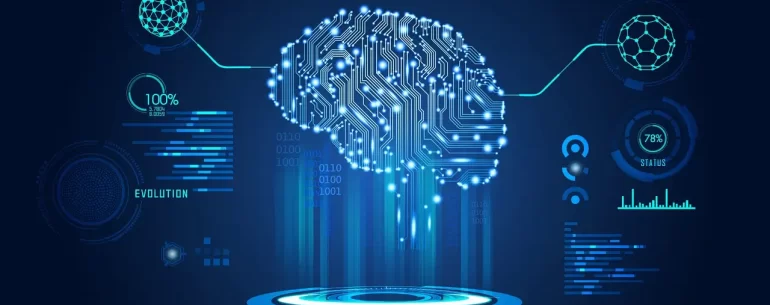In the age of streaming services, the music industry has undergone significant transformations. While streaming has provided unprecedented access to music for consumers, it has also posed challenges for artists and industry professionals in terms of monetisation. Read on to learn How Musicians Make Money In The Age Of Streaming Services.
Nonetheless, there are still a significant number of side hustles music artists can use to make money in the age of streaming services. These various revenue streams and strategies can help artists generate income from their music.
Streaming Royalties
Streaming services, such as Spotify and Apple Music, have become the primary platforms for music consumption. Artists earn royalties based on the number of streams their songs receive. While the per-stream payout may be low, artists with a large fan base or significant streaming numbers can generate substantial revenue through streaming royalties. For example, Rolling Stone estimated that in 2020 “Wonderwall” was generating about $2,650 in recorded-music royalties on Spotify every 24 hours – generated by 1.5 billion streams – which equates to roughly $1 million a year for writer Noel Gallagher.
Live Performances
Live performances remain a crucial source of income for music artists. Concerts, festivals, and tours provide opportunities to connect with fans and monetise their music through ticket sales, merchandise, and sponsorships. Artists can also leverage the popularity of their streaming presence to attract larger audiences to their live shows.
Merchandise Sales
Merchandise sales offer an additional revenue stream for music artists. Fans are often eager to support their favorite artists by purchasing t-shirts, hoodies, posters, and other merchandise. Artists can design and sell branded merchandise, either through their own online stores or in partnership with third-party vendors.
Licensing and Sync Deals
Music licensing and synchronisation deals involve placing songs in commercials, films, TV shows, video games, and other media. Artists can earn significant revenue through these licensing opportunities, as their music reaches a broader audience and receives exposure on various platforms.
Crowdfunding and Fan Support
Crowdfunding platforms, such as Patreon and Kickstarter, allow artists to directly engage with their fans and receive financial support for their projects. Artists can offer exclusive content, early access to music, or personalised experiences as incentives for fan contributions. This direct connection with fans helps create a sustainable income stream outside of traditional avenues.
Collaborations and Features
Collaborating with other artists or featuring on their tracks can provide exposure and income opportunities. Artists can leverage their networks to collaborate with established musicians, either through joint projects or guest appearances. These collaborations can lead to increased streaming numbers and fan engagement, translating into revenue for all parties involved.
Music Licensing Libraries
Artists can submit their music to music licensing libraries, where it can be licensed for use in various media projects. These libraries connect artists with opportunities to have their music featured in commercials, films, TV shows, and more. Licensing fees can provide a steady income stream, particularly for artists with a diverse catalog.
Sponsorships and Brand Partnerships
Artists can explore sponsorships and brand partnerships to generate income. By aligning with brands that resonate with their image and values, artists can enter into mutually beneficial collaborations. This can include endorsing products, participating in advertising campaigns, or creating exclusive content for brand platforms.
Music Production and Songwriting
Beyond performing and releasing their own music, artists can leverage their skills in music production and songwriting to generate income. They can offer their services as producers, songwriters, or session musicians for other artists, earning royalties and fees for their contributions.
YouTube and Social Media
YouTube and social media platforms offer opportunities for artists to build a dedicated fan base and monetise their content. Artists can earn revenue from ad placements on YouTube videos, brand partnerships, sponsored content, and fan engagement through platforms like Patreon or Twitch. If you’re looking for video creation or editing, get in touch with Deepblue’s professional video editing department.
Can musicians make a living with so many streaming services?
While streaming services have changed the landscape of the music industry, music artists can still monetise their art through various revenue streams. From streaming royalties and live performances to merchandise sales and licensing deals, artists have opportunities to generate income and connect with fans in innovative ways. By diversifying their revenue streams and leveraging the power of digital platforms and fan engagement, music artists can navigate the age of streaming services and thrive in the ever-evolving music industry.
For more articles like this, be sure to visit the iRide lifestyle pages.


